Webb’s Super-Earth Discovery: Potentially Habitable World Just 48 Light-Years Away
A team of astronomers has made an exciting discovery about the temperate exoplanet LHS 1140 b: it could be a promising “super-Earth” covered in ice or water.
LHS 1140 b, once thought to be a mini-Neptune, is now considered a possible super-Earth with a nitrogen-rich atmosphere, as suggested by James Webb Space Telescope data. Located in a habitable zone, it may have conditions favorable for liquid water, making it a key focus for future astrobiological studies.
When it was first discovered, astronomers speculated that the exoplanet LHS 1140 b might be a mini-Neptune. This means it would be an essentially gaseous planet, but very small in size compared to Neptune. However, after analyzing data from the James Webb Space Telescope (JWST) collected in December 2023 — combined with previous data from other space telescopes such as Spitzer, Hubble, and TESS — scientists have come to a very different conclusion.
-
 0:43
0:43
Cryptostreets
29 days agoWebb Telescope Captures Massive Asteroid Collision in Neighboring Star System
26 -
 1:19
1:19
Cryptostreets
28 days agoSpace Telescope Captures First Glimpse of an Exoplanet’s Interior
12 -
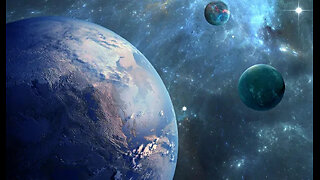 11:15
11:15
Studio64Productions
1 month ago $0.02 earnedNASA Funds Tech Development for Life-Hunting Habitable Worlds Observatory
47 -
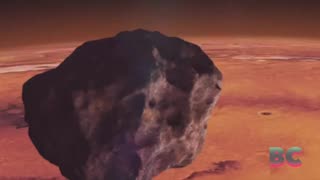 1:15
1:15
B.C. Begley
25 days agoWebb observations hint at giant asteroid collision in a nearby planetary system
78 -
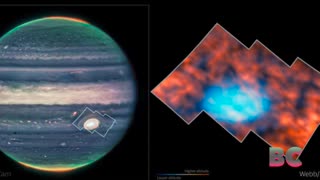 0:49
0:49
B.C. Begley
5 days agoWebb Uncovers Unexpected Phenomena Above Jupiter’s Great Red Spot
94 -
 5:11
5:11
NewsVids
25 days agoJames Webb Telescope Helps Advance Technology On Earth
19 -
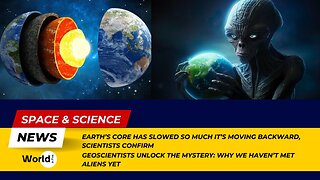 5:25
5:25
World In Five
4 days agoEarth's Core Slows and Reverses! | Scientists Explain Alien Absence Mystery
1 -
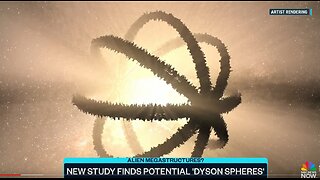 5:14
5:14
BoogieFinger
28 days agoNew study finds potential alien mega-structures known as 'dyson spheres'
22 -
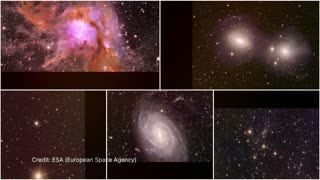 2:59
2:59
InfiniteEternalSleep
1 month agoLaunching a Pair of Earth-Observing Small Satellites on This Week @NASA – May 31, 2024
43 -
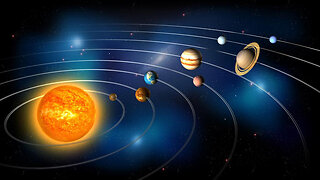 11:04
11:04
Studio64Productions
7 days ago $0.61 earnedScientists Discover Secret Planet Hiding in Our Solar System
1645